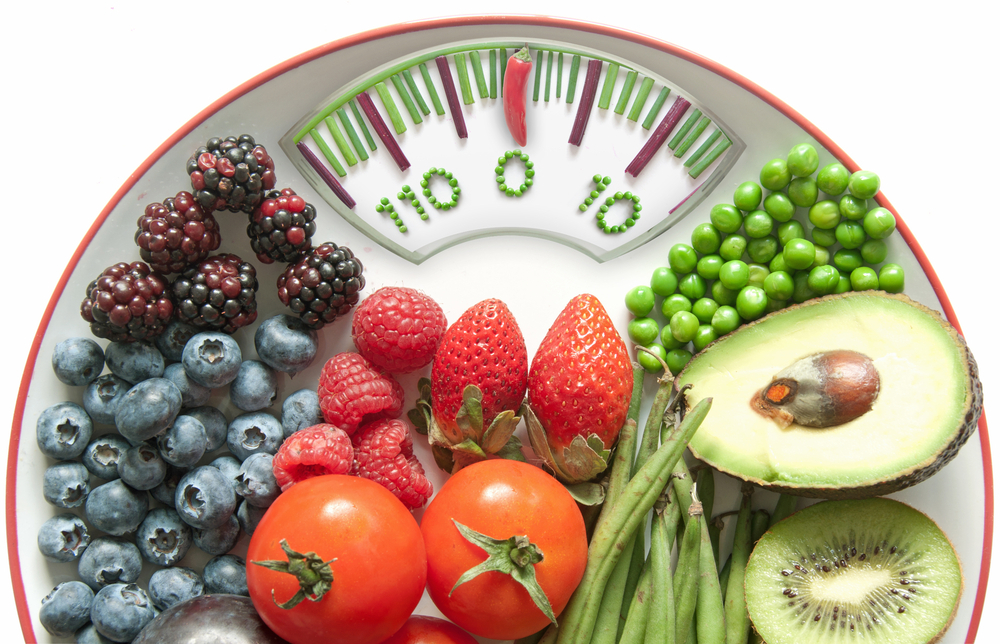Low-Calorie Meals and Weight loss
Low-calorie meals help you control weight gain and live a healthy life. This diet type is suitable for those who are conscious about their weight and health. The amount of daily calorie intake must balance energy expenditure to prevent excess weight gain and total fat in the body. This means the total amount of calories you burn as energy daily is your total daily energy expenditure.
What are Low-Calorie Diets?
Low-calorie diets are foods and drinks containing fewer calories, meals between 800-1200 daily calories intake, or servings with 40 calories or less per serving. Calories are not bad, but taking excess calories without burning them off through physical activities can lead to weight gain. The alarming rate at which consumers eat high-calorie foods has created a necessity for healthy and low-calorie foods products in the market. Low-calorie meals are not ideal for everybody, especially for individuals who are not overweight and body mass index (BMI) below 27. Overweight individuals with BMI above 30 should introduce low-calorie meals in their diet. Low calories meals can effectively stimulate weight loss and improve your overall health; here are some examples of low diet meals;
- Vegetable soups, bean soup
- Salad greens
- Broth
- Whole grain such as brown rice, popcorn, oatmeal
- Seeds such as chia seeds
- Fruit, apple, strawberries, and smoothies.
Low-calorie meals also include snacks and drinks like Greek yogurt and tea. The high fibers in the meals make them good food choices.
Safety of Low Calories Diets
Low-calorie diets are effective in weight loss but require a lot of discipline. But it is not healthy for children, teenagers, expectant mothers, and nursing mothers. It is also not safe for athletes and individuals above 50 years who are on medications and with certain health conditions to consume low-calorie meals If you are considering low-calorie diets, speak with your doctor or dietician to confirm it's safe to diet for you.
Low calories diets are no one size fit all approach. Nutritionists recommend you choose healthy whole foods that are naturally low in calories. Since low calories meals require you to reduce your total calorie intake, every calorie must count towards your health goals.
4 Benefits of Low Calories Meals
1. Support weight loss
With low-calorie meals, you consume fewer calories than you burn up daily; energy intake per day is less than energy expenditure daily. A low-calorie meal helps you consume a limited amount of calories which results in weight loss. With low-calorie meals, you can achieve a balanced diet that improves your overall health, an essential part of healthy living. A low-calorie meal typically consists of high-quality fiber, fruit, whole grains, and vegetables. These ensure your body has an equal amount of nutrients needed for daily functions.
2. Boosts Mood and Wellbeing
Low-calorie meals contain essential nutrients and minerals that help your body to function correctly. Adequate nutrients in these meals provide the required energy to work during the day and get sufficient sleep at night. It also helps boost your immune system through the antioxidants present in the meals to fight inflammation.
3. Improve Blood Sugar Levels
Low calories meals are rich in antioxidants, nutrients, and fibers that regulate blood sugar levels. High blood sugar can put you at risk of type 2 diabetes and non-communicable diseases like cardiovascular disease. Low-calorie meals help put your blood sugar level within a healthy range.
4. Slows Metabolic Rate
Low calories meals help slow down metabolic rate and reduce free radicals associated with chronic illnesses. According to research, cutting calorie intake by 15 percent over two years can slow aging and protect against diseases like diabetes and cancer.
Diet experts have developed broad guidelines on what healthy eating should look like using low-calorie meals and why low-calorie diets are essential. You need to know some low-calorie meals that are safe for you, which are suitable for achieving your personal health goals.





Comments (0)